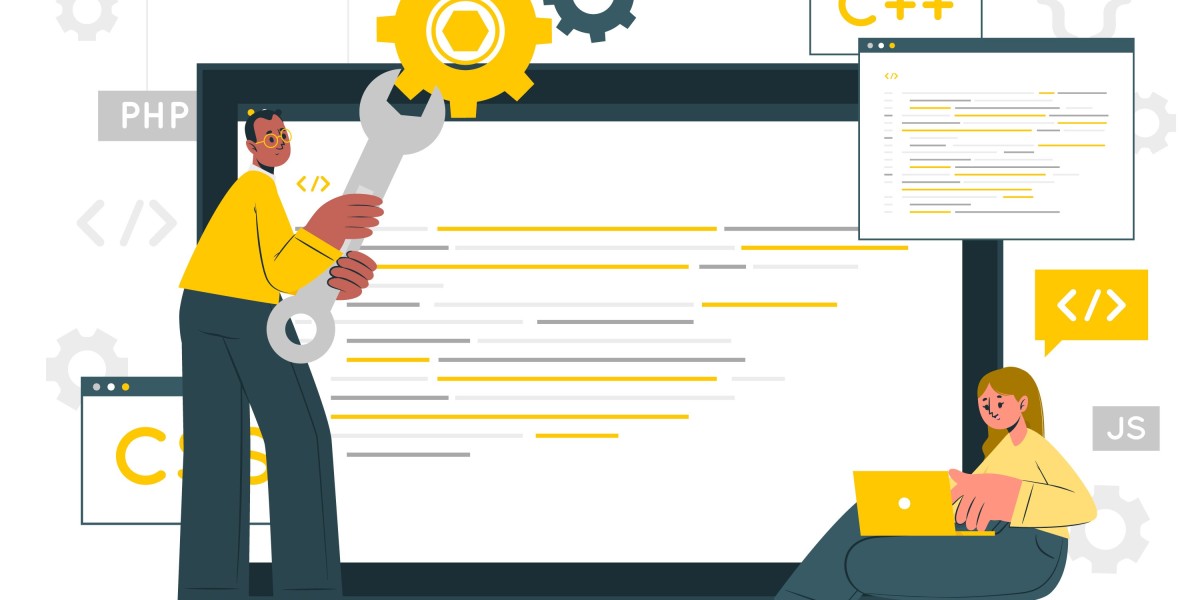Webinars are a valuable tool for sharing knowledge, engaging with audiences, and conducting online events. The success of a webinar largely depends on the content and the way it is presented. A well-prepared moderator script plays a vital role in ensuring a seamless and engaging webinar experience. In this article, we will explore the key elements and best practices for creating an effective moderator script that helps maintain the flow of the webinar and keeps participants actively involved.
1. Introduction:
Begin your moderator script with a warm and engaging introduction. Welcome the audience to the webinar, provide a brief overview of the event, and introduce yourself and the presenters. This sets the tone and creates a sense of connection with the participants.
2. Agenda Review:
Next, outline the agenda for the webinar. Let the audience know what topics will be covered and in what order. This gives participants a clear roadmap of what to expect during the event.
3. Speaker Introductions:
Before each presenter starts, provide a brief introduction, including their name, title, and a brief highlight of their expertise. This helps establish the presenter's credibility and provides context for the audience.
4. Time Management:
Keep track of time throughout the webinar to ensure that each segment stays within its allotted time. Politely remind presenters if they are approaching the time limit to maintain the schedule.
5. Transitioning Between Segments:
Smooth transitions are key to maintaining the flow of the webinar. Announce the upcoming topics or presenters and summarize key takeaways from the previous segment.
6. Engaging the Audience:
Encourage audience engagement by asking questions, conducting polls, or addressing viewer comments and questions. This interaction creates a dynamic and engaging atmosphere.
7. Technical Support:
Provide technical support information in case participants encounter issues during the webinar. Offer guidance on how to troubleshoot common problems and how to contact support if needed.
8. Q&A Sessions:
Announce and facilitate Q&A sessions. Encourage participants to submit their questions, either in real-time or at specific intervals during the webinar. Organize and prioritize questions for presenters to answer.
9. Audience Polls:
Introduce and manage audience polls to gather feedback and insights on various topics. Share the results with the audience to keep them engaged and informed.
10. Acknowledge Comments and Feedback:
Monitor and acknowledge comments and feedback from the audience. This not only creates a sense of community but also demonstrates that their input is valued.
11. Call to Action (CTA):
Introduce and emphasize any call to action (CTA) the presenters have during the webinar. Explain what you want the audience to do and how they can take action after the webinar.
12. Conclusion:
As the webinar nears its end, summarize the key takeaways and thank the audience for their participation. Let them know where they can access additional resources or recordings if available.
13. Technical and Closing Remarks:
Provide final technical instructions, such as how to exit the webinar platform or where to find post-webinar materials. Thank the presenters and audience for their time and participation.
14. Follow-Up and Feedback:
Announce any post-webinar follow-up, including surveys or feedback forms. Encourage participants to provide their input to improve future webinars.
15. Closing Words:
End the webinar on a positive note with closing remarks. Express gratitude for the audience's time and participation, and encourage them to stay connected for future events or resources.
In conclusion, a well-structured moderator script for webinar is essential for a successful and engaging webinar. It helps maintain the flow of the event, ensures participants are informed and engaged, and provides a professional and organized experience. With careful planning and practice, a skilled moderator can enhance the impact of a webinar and leave a lasting impression on the audience.








